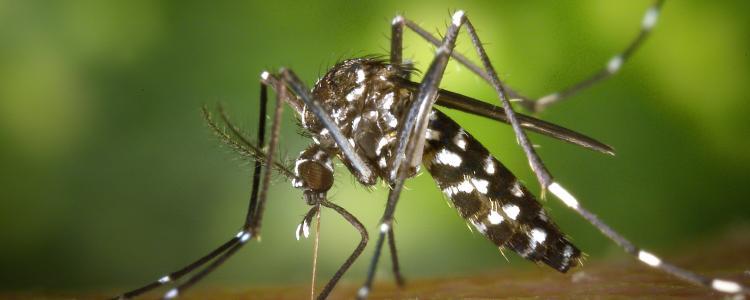Zika has made headline news over the past few weeks, but what is the real threat to travellers visiting the Americas from the UK? And, what precautions should be made by travellers and those whom are pregnant or planning pregnancy? Here are some frequently asked questions and answers raised in our Nomad travel clinics.
What is Zika?
Zika is a viral infection transmitted by daytime biting mosquitoes, mostly biting around mid-morning and late afternoon (dusk). These mosquitoes bite an infected person and then spread the infection to others when they bite again.
This virus was first detected in 1947 in Monkeys living in Uganda, Africa. Since then it as spreads to parts of Asia and pacific islands where short outbreaks have occurred. In May 2015 Cases were confirmed in Brazil South America and have now spread to 21 countries across north and South America and the Caribbean.
What is the treatment for Zika infection?
At present, there is no vaccine or drug currently available to prevent or treat infection. Symptoms can be managed with painkillers such as paractamol (Ibuprofen and asprin are not advised).
Are there any long term health problems?
Infection provides life immunity against Zika infection. For women who are infected at the time of pregnancy there is a possible association with microcephaly (brain damage) in the new born baby. A possible association between Zika virus and a rare disorder Guillain–Barré syndrome is being investigated.
If I get bitten by a mosquito infected with Zika virus will my future planned pregnancy be at risk?
The Zika virus only remains present in the blood for up to a week so it will not cause infection in babies conceived after the virus has gone from the blood. There is no evidence that Zika Virus infection poses a risk of birth defects in future pregnancies.
Note: Zika virus has been shown to be present in semen up to two weeks after infection. The risk of Zika infection through sexual intercourse is thought to be low, however if you and your partner are planning pregnancy, it is advised that you use a condom for 28 days following return from an area of Zika virus or 6 months after recovery from Zika virus infection.
What is the threat to UK travellers?
As of the 26th January 2016 Public health England has reported 6 cases of Zika virus diagnosed in UK travellers. We advise women planning pregnancy or who are pregnant to consider avoiding travel to areas where Zika virus outbreaks are ongoing. If travel is unavoidable, then thorough insect bite avoidance measures must be practiced.
*Current advice to pregnant women returning from areas of risk with active Zika virus
If you have visited a country with active Zika virus transmission or experienced Zika symptoms either during or within two weeks of returning home, make an appointment to see your GP or midwife and mention your travel history. They will discuss the risk with you and will arrange an ultrasound scan of your baby to monitor growth and brain development.
What is the best way to protect myself from Zika Virus?
• Cover up arms and legs – wear long loose fitted clothing.
• Apply insect repellents containing DEET to exposed skins and re apply frequently – always apply over suncream (DEET can also be used safely in pregnancy)
• Treat your clothing with insecticides made with permethrin – it will kill any mosquitoes that land on your clothes.
• Use air conditioning, seal windows and plug-in or mosquito coils to kill any mosquitoes that might get into your room.
• Sleep under mosquito nets if in basic accommodation or require extra protection
Nomad are your experts for advice on mosquito bite avoidance and can supply top of the range products – so pay them a visit before you go by booking a consultation at one of 9 Travel Clinics nationwide.


No Comments
Be the first to start a conversation